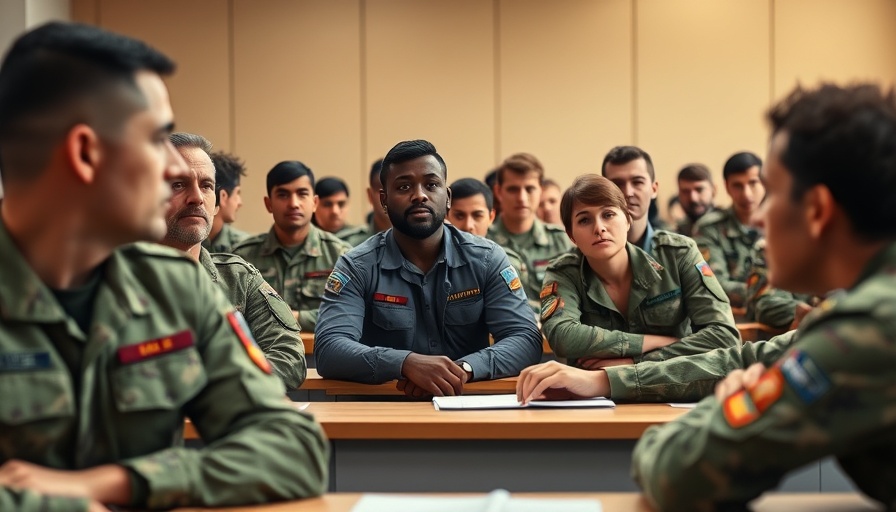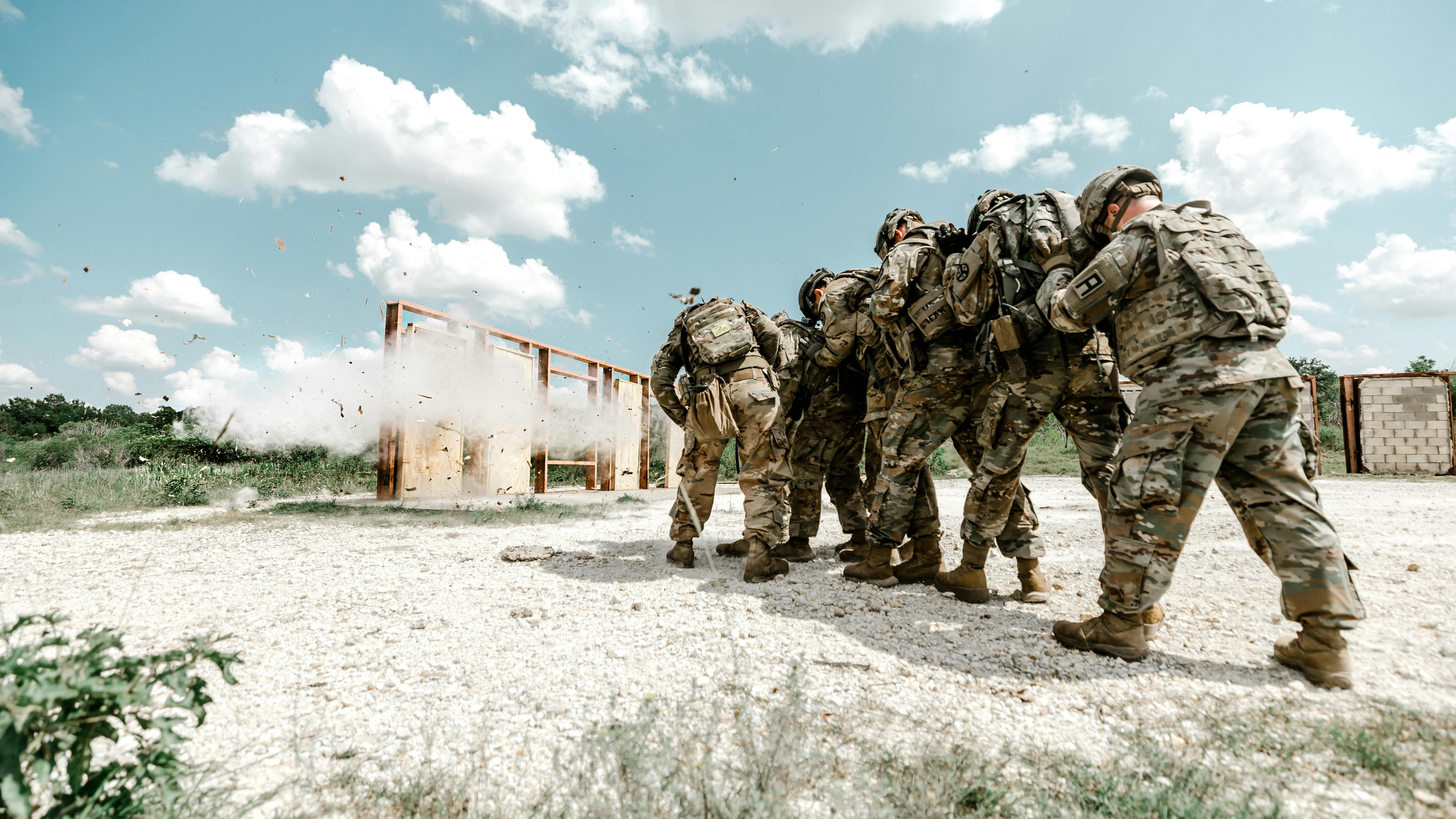
Understanding the Value of Keeping Notebooks in Military Leadership
As seasoned leaders will attest, the act of documenting experiences — whether through briefings, daily operations, or critical incidents — preserves crucial information that might otherwise be forgotten. For military personnel, especially, maintaining thorough notebooks fosters not only personal accountability but also effective communication within units. The benefits of organization and documentation become abundantly clear when leaders are faced with challenges where clear recall is necessary.
The Journey from Indifference to Value
Reflecting on my early career, I remember questioning the significance of keeping notebooks. My supervisors often extolled the virtues of documentation, but I sometimes faltered in seeing its relevance. It wasn’t until I stepped into roles, such as that of Command Sergeant Major, that I realized the immense power these notebooks hold; they become companions in the leadership journey, tools for upholding integrity, and mediums through which we share influence.
The Notebook as a Leadership Tool
In many military units, the notion of leaders writing down information consistently pops up as a standard expectation. From instructional sessions declaring, “If you’re not writing this down, you are wrong,” the cultural norm pushes individuals toward documentation. Yet, the real question is: how effectively are we communicating that information to our troops? In moments of crisis, the contents of my notebook allowed for swift, assured responses to pressing issues during my service time.
Documenting Incidents: A Case Study
One notable experience showcased the value of effective note-taking during a sensitive scenario involving a civilian making threatening remarks towards a soldier. It was my notebook that not only captured a timeline of events — dates, names, and explicit language — but allowed me to reconstruct the narrative for the soldier feeling vulnerable. By recalling these notes, I could reassure the soldier that the matter was addressed and resolved, reinforcing trust between leadership and troops.
Opening Lines of Communication
This experience unfolded under the realization that the surrounding communication environment was far from optimal. Keeping detailed records is intrinsically linked to enhancing dialogue within and beyond the military unit. The contents of those notebooks help leaders relay factual accounts, thereby fortifying relationships built on transparency and integrity. Ultimately, these notes become stories of valor; fundamental narratives that help frame our military experience and ensure those narratives are honored and preserved.
Future Insights: The Role of Documentation in Leadership Development
As we advance in our careers, it is crucial that we continue embedding the practice of documentation within the frameworks of military leadership and corporate environments alike. It builds a narrative of courage that can be shared with future leaders, reinforcing how foundational the act of taking notes is within our professional ethos. By adopting this practice, we champion a culture of communication that thrives in dynamic, high-pressure scenarios, ensuring that crucial information is both retained and disseminated wisely.
Final Thoughts on the Importance of Notebooks
In closing, the act of keeping notebooks serves a greater purpose than simply recording information. It is about being prepared, leading effectively, and nurturing relationships that matter. As military members transition into civilian roles or corporate leadership, let us carry forth the insights gained from our notebooks into new spaces. This legacy of valor and leadership is worth preserving and sharing.
 Add Row
Add Row  Add
Add 




Write A Comment